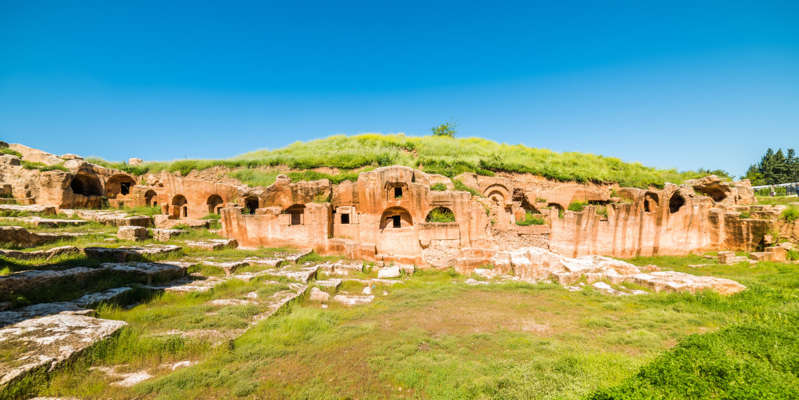
Russian archaeologists have found a 4000-year-old city in Mesopotamia
Russian archaeologists have discovered an ancient settlement in southern Iraq. Its age was estimated at 4000 years, according to the press service of the Institute of Archeology of the Russian Academy of Sciences.
The existence of this settlement was not known before. Scientists have determined that the period of its heyday fell on the middle of the II – I millennium BC.
“We were able to study the thickness and structure of the cultural layer of the city under Tell Dekhaila and obtain new data on the time of the city's existence,” said Shakhmardan Amirov, co-leader of the Russian-Iraqi complex expedition, leading researcher at the Institute of Archeology of the Russian Academy of Sciences.
The city was located on the banks of the ancient riverbed of the Euphrates. One of the first known cities in the world, Ur, was located 30 kilometers away. It is believed that it was in Mesopotamia that the emergence of powerful civilizations took place.
The real name of the city is unknown. Scientists gave it the code name Tell Dehaila. It is similar in size and structure to Ur. During the last excavations, it was possible to find cultural layers with artifacts of the Early Iron Age: arrowheads, clay figurines of camels, traces of hearths. In the fall of 2021, scientists are planning a new expedition.
Earlier it was reported that scientists investigated the site of the Mamayev massacre. Historical artifacts were found there.

